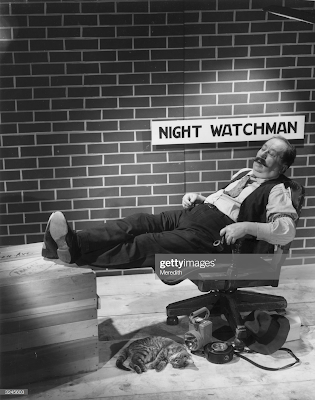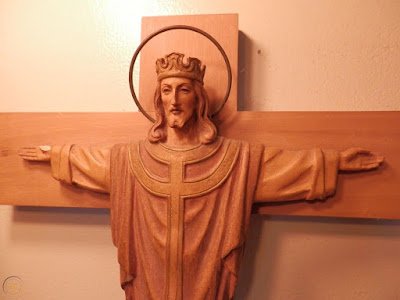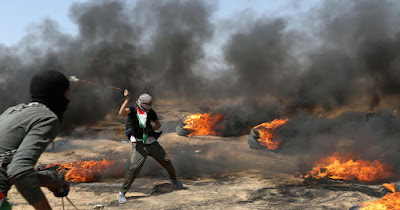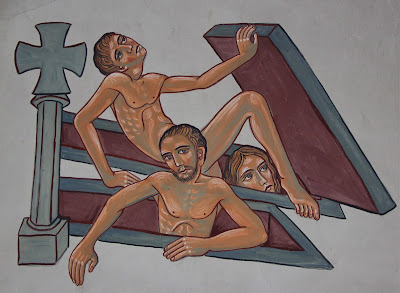Advent, a new beginning.

December 1 2019: First Sunday of Advent - A READINGS: Is 2:1-5 ; Ps 122: 1-2, 3-4, 4-5, 6-7, 8-9 ; Rom 13:11-14 ; Mt 24:37-44 An Arab proverb says, “Dawn does not come twice to awaken a man.” Another proverb adds, “Who stays vigilant, will win.” Every time that we enter the season of the Advent, our meditation is turn toward a new beginning. Advent, actually, is always a new opportunity the Church offers us to get closer to God, to come back to him. With this Sunday’s celebration, we start a new liturgical year, the Year A. Every newness is a challenge and also a chance. Who says newness says evaluation of the past and commitment toward the future. We are like called to begin anew our being with the Lord. About the Advent Season, the documents of the Church agree to say that, it is before all, a time of expectation. Thus, the Catechism of the Catholic Church can state, “When the Church celebrates the liturgy of Advent each year, she makes present t...



